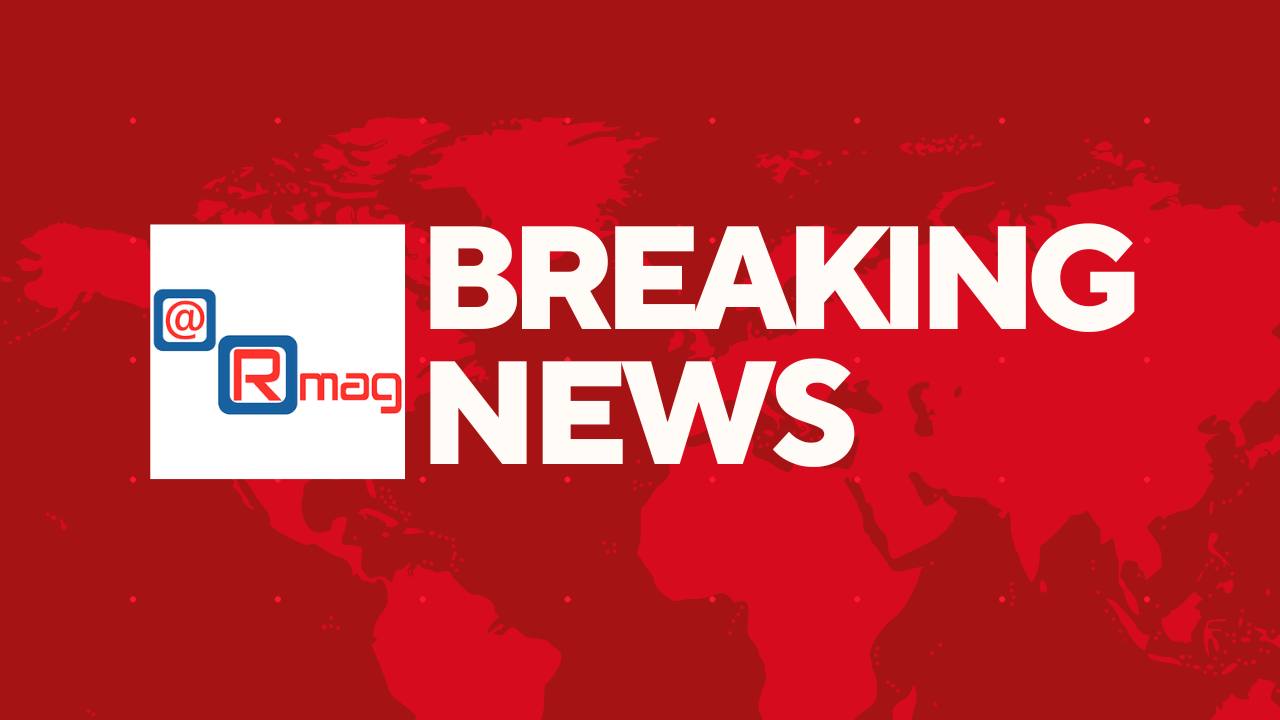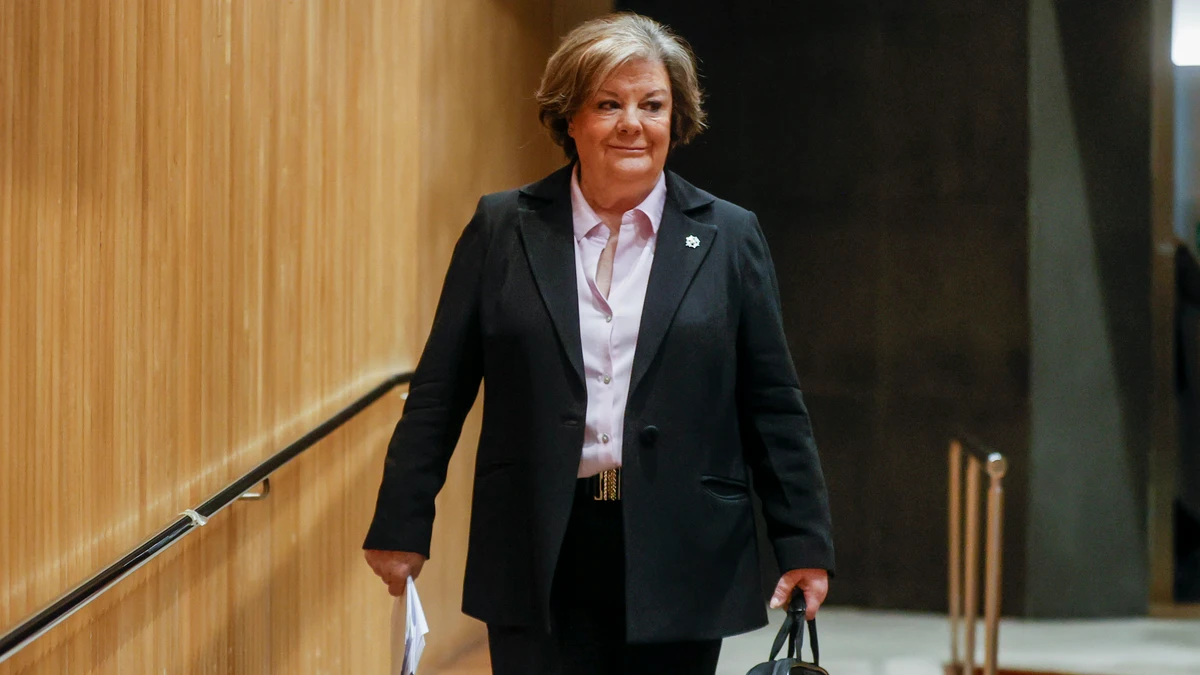When Kurt Cobain was found dead by suicide on April 8, 1994, it was a generation-shaking tragedy comparable to the 1980 murder of John Lennon or the 1959 plane crash that killed Buddy Holly, Ritchie Valens and The Big Bopper. An era-defining band that enjoyed — or perhaps endured — critical acclaim and commercial success, Nirvana remade rock in its own slouching image. The group’s 1991 breakthrough, Nevermind, has sold 10.3 million copies in the United States, according to Luminate, contributing to overall album sales of 30.3 million, as well as Nirvana’s legacy as the most important band of the ’90s.
‘Never’-Land
The band’s 1989 indie debut, Bleach, didn’t chart on the Billboard 200 when it came out, but Nirvana made a significant impact when it jumped to major label DGC for Nevermind. “Nirvana pulls off an astonishing palace coup by dethroning King of Pop Michael Jackson from the top spot on the Billboard 200,” reported the Jan. 11, 1992, Billboard, which also pointed to the album’s success as “the most convincing argument that new artists can succeed” on the chart, which had switched to point-of-sale tracking less than a year earlier.
Pregnancy Scare
With success came scrutiny. While Nirvana’s third album, In Utero, was still gestating, Newsweek ran a piece alleging that DGC was unhappy with it. In a full-page ad in the May 22, 1993, Billboard, the band blasted the Newsweek piece as “gossip” with “invalid” reporting. “This whole thing sucks,” bassist Krist Novoselic said in an article in the Sept. 25, 1993, Billboard. “The MTV Awards and all the schmoozing.” A piece in the same issue reported that DGC was planning a “low-key approach” to marketing.
Fest Stress
In 1994, Nirvana was booked to play Lollapalooza, but “due to the ill health of Kurt Cobain we cannot confirm them,” said a festival organizer in an article in the April 16, 1994, Billboard. (The issue went to press before Cobain died.) The cancellation was “prompted by singer/guitarist Cobain’s accidental drug-and-alcohol overdose in Rome in March,” according to the article. “It’s unfortunate that Nirvana is not on it,” concert promotion giant Louis Messina told Billboard at the time, “but it’s unfortunate The Beatles aren’t together.”
The News Hits
The April 23, 1994, Billboard, carried the news of Cobain’s death with such headlines as “Cobain Mourned By Fans, Industryites In Memorials, Music Stores” and “Cobain Death Spurs Rush At Retail: Biz Talk Turns To Band’s Unreleased Work.” In the next issue, Billboard blasted the “witless, mean-spirited comments” of 60 Minutes contributor Andy Rooney, who dismissed Cobain’s death by asking on-air, “What would all these young people be doing if they had real problems?” Billboard’s take: “Doesn’t CBS have a mandatory retirement policy?”
‘Plug’ Life
The Nov. 19, 1994, issue hailed Nirvana’s MTV Unplugged in New York as “another window into a tragic genius” that “promises as much satisfaction for the curiosity seeker as for the most avid Nirvana fanatic.” Two years later, the posthumous live set From the Muddy Banks of the Wishkah became Nirvana’s fourth Billboard 200 chart-topper. “Few defunct bands,” declared the Oct. 12, 1996, Billboard, “could get away with releasing two live albums of old material after only three full-length studio releases.”
This story originally appeared in the March 30, 2024, issue of Billboard.





